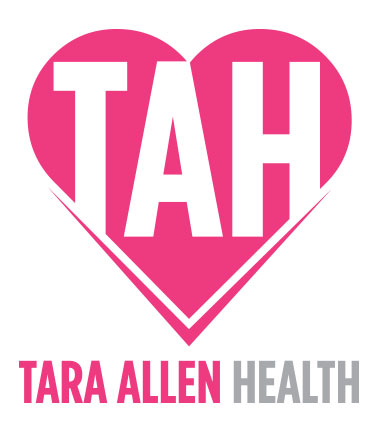I put a "Whatcha wanna talk about today?" question box up in my instagram stories last week.
Did you catch it? I like to do that sometimes because 1) it helps when I'm having a block in creativity and 2) I don't have to read minds when you actually tell me what you need my help with! Win win.
While I answered the questions up in stories there, this one question I decided to share in this newsletter so that I could really pull back the curtain and help in a better way than a 60-second story.
"Can you help us put together PFF meals?"
That was the question. My answer: yes! Let's do this.
If I've been visiting your inbox weekly for a while now, you know all about PFF + intentional carbs. Basically, what I find works best for most people most of the time is when all meals have appropriate amounts of protein, fat and fiber. Starchy carbs require a slightly different approach as not everyone thrives with them at every single meal. A sedentary person, for example, might find they do best with one PFF meal and 2 PFF + intentional carb meals per day.
We dive into this MUCH deeper in TRANSFORM: Body + Mind. This is week 3 for the current TRANSFORMERS and they're crushing it! Hop on the waitlist if you'd like to be notified of the next chance to join. I teach the science and give all the tools and guidance and then you get to decide how you want to eat, what you want to eat, how you want to move your body, etc. So while it isn't custom -- it's a group course -- I do teach about the variables and who might need more carbs and why, for example.
So let's say you get the whole PFF + intentional carb premise but you don't know how to actually make meals out of the various components? The optional meal plans and recipe collections in TRANSFORM: Body + Mind will be great resources for you! But I want to give you some of the basics NOW and FOR FREE while you may be waiting for the next round.
If you're creating a PFF meal, pick 1 thing from each the protein, fat and fiber categories below. If it's a PFF + intentional carb meal, add a carb on top of that.
Here are a bunch of ideas for each category:
Protein
(One portion is 20-40g+ or about 4-5 oz of meat or fish)
Chicken
Turkey
Beef
Greek yogurt
Cottage cheese
Eqqs (1 full egg plus 1 cup egg whites)
Salmon
Shrimp
Tuna
Pork
Deli meat
Protein powder
Edamame
Tofu
Tempeh
Other meat or seafood
4 T nutritional yeast
Fat
(One portion is about 10g fat. Aim for 1-3 portions per meal, depending on goals)
1 T olive oil / avocado oil / coconut oil / butter / ghee / mayo
1 oz cheese
8-10 olives
1/4 cup nuts
2 T nut or seed butter
2 T seeds (chia, flax, hemp, sesame, pumpkin)
1/2 cup coconut milk
1-2 T heavy cream
1/2 medium avocado
Fiber
(One portion is at least 5g fiber)
Spinach
Arugula
Lettuce
Celery
Carrots
Cabbage
Asparagus
Brussels
Broccoli
Sprouts / microgreens
Cauliflower
Tomatoes
Zucchini
Mushrooms
Onions
Kale
Bok choy
Swiss chard
Collard greens
Green beans
Cucumbers
Bell peppers
Other non-starchy veggies
Acacia fiber
2 T chia / flax / basil seeds
Carbs
(One portion is 25-35g net carbs ... or about 1/2 - 3/4 cup -- cooked, if applicable. These options have fiber too! But they also count as an "intentional carb".)
All fruit
Beans
Lentils
Chickpea or lentil pasta
Quinoa
Corn
Oatmeal
Rice
Peas
Potatoes
Sweet potatoes
Beets
Pumpkin
Butternut squash
High fiber crackers (like Mary's Gone Crackers)
High fiber bread (1 slice)
Use this to comb through recipes or even take out and restaurant meals to make tweaks or make it really easy and just build your plate with this method. Hope you LOVE how you feel with more balanced, PFF-friendly meals!
XO,
Tara
